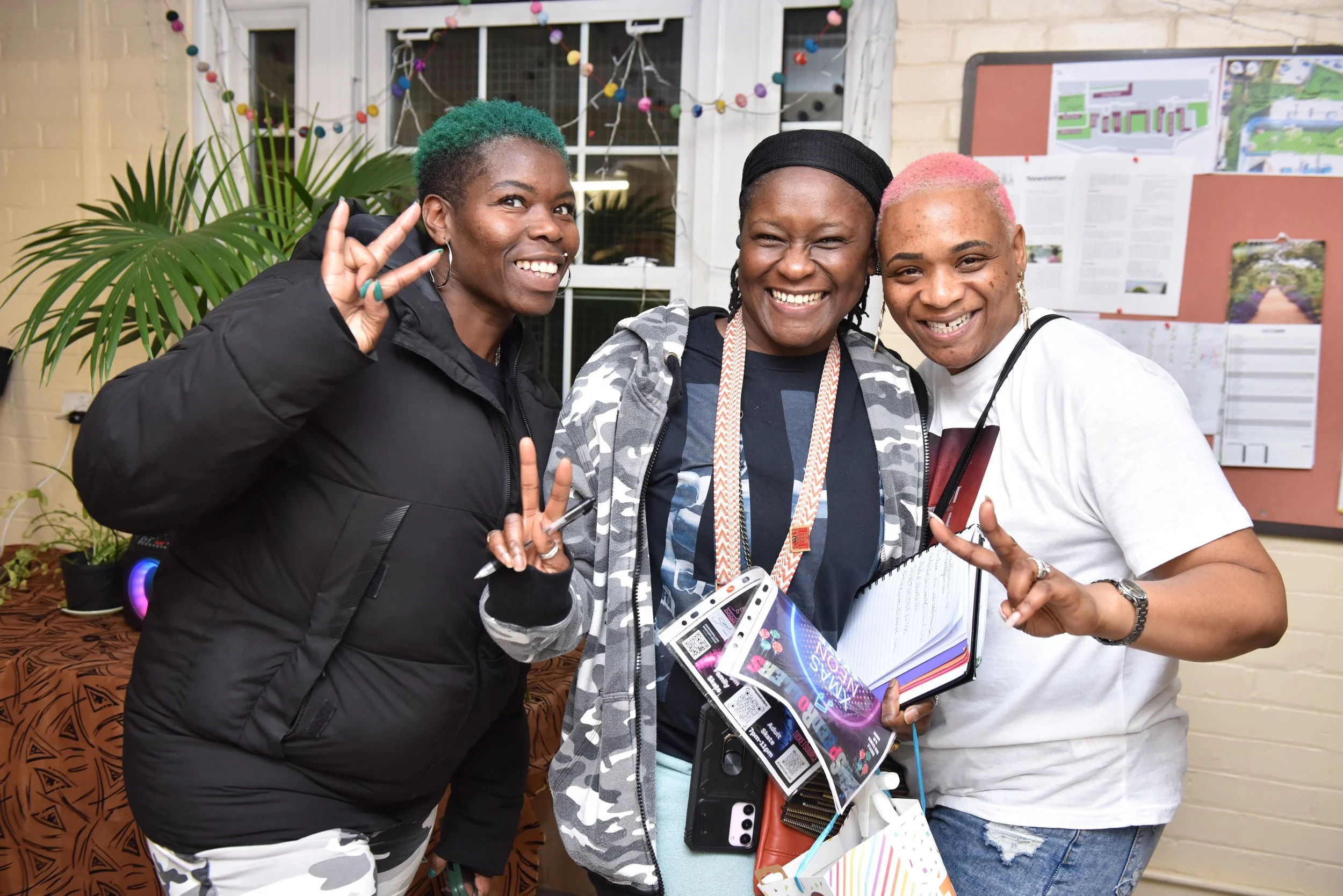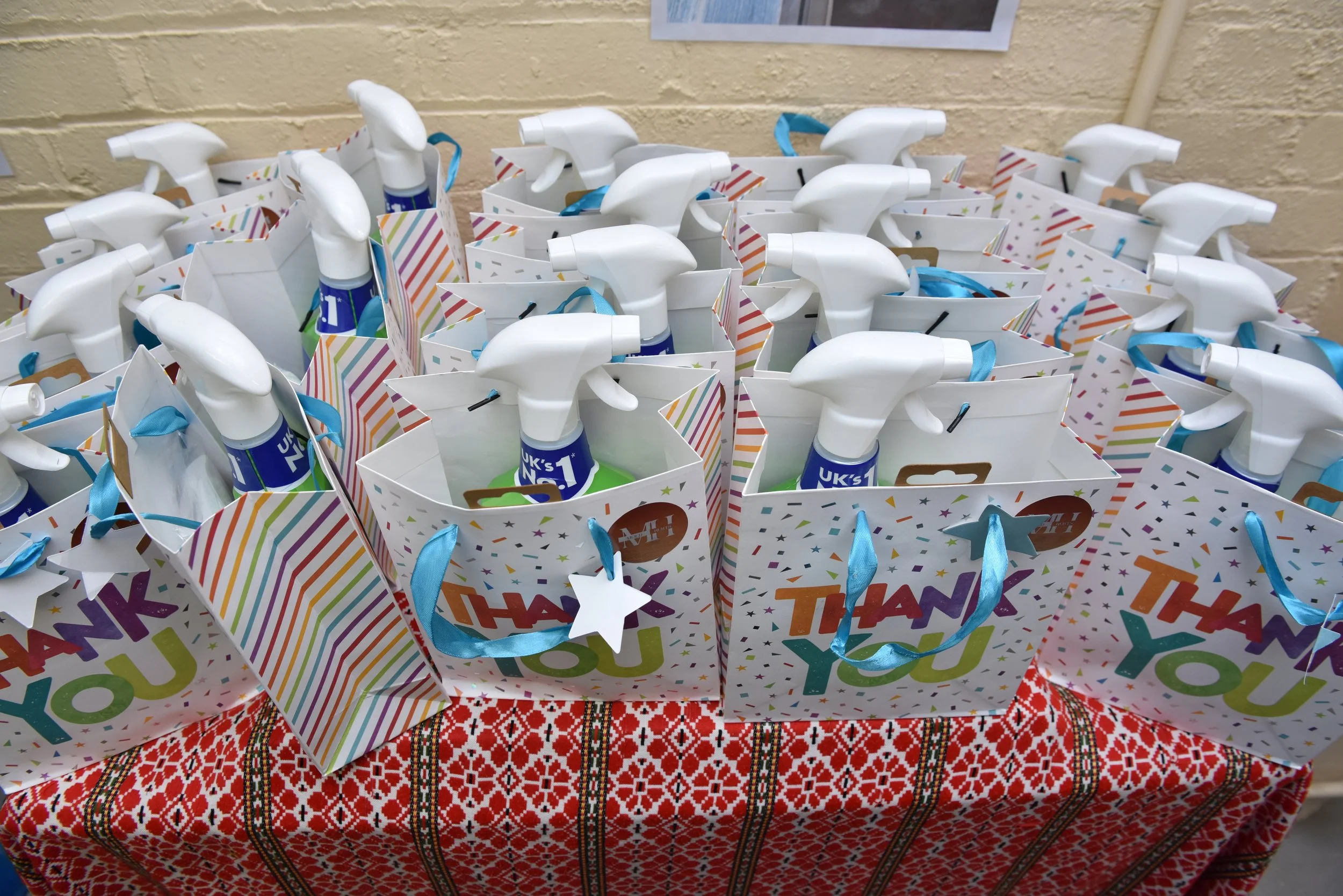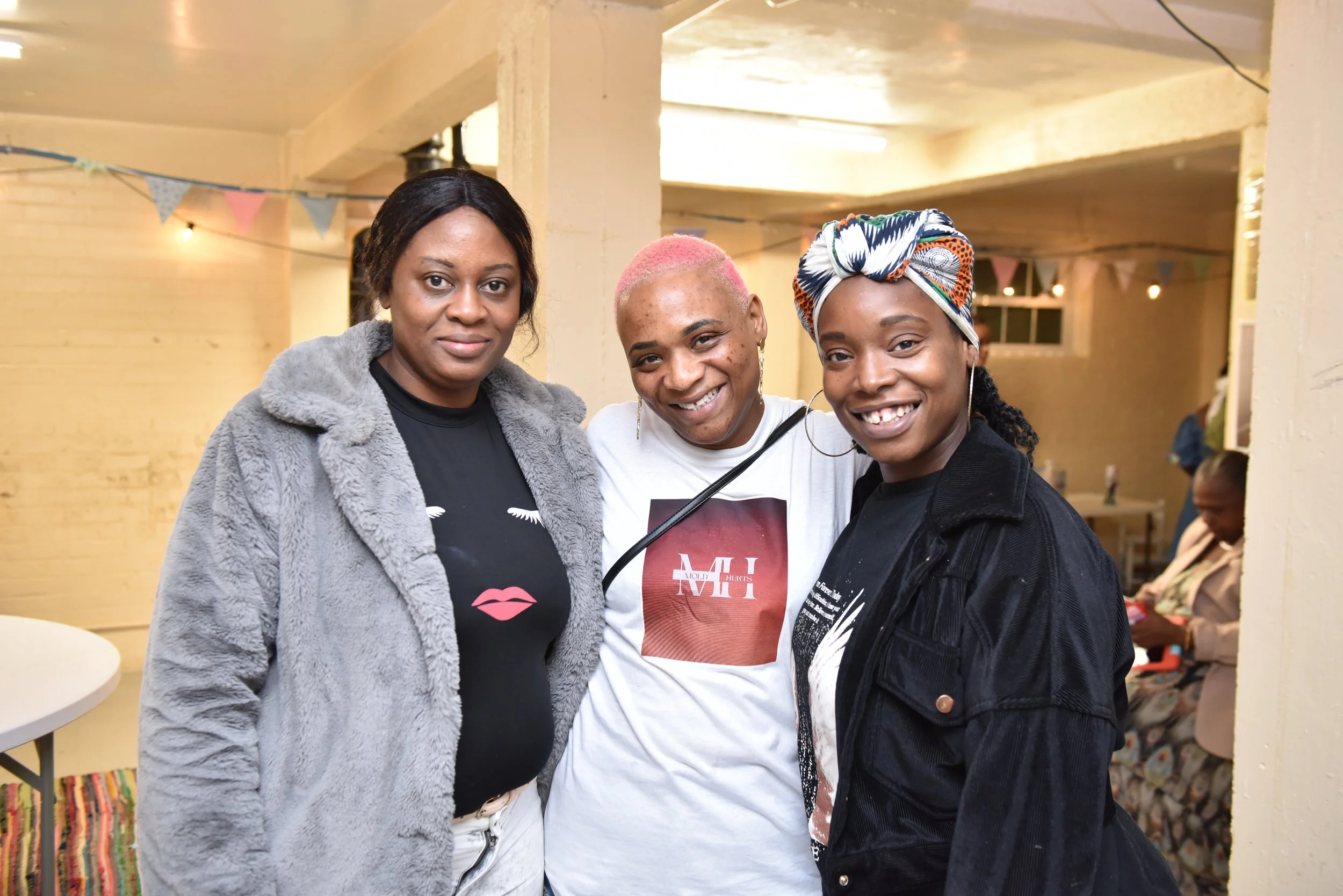Mould Hurts
Founded by Kathleen, Mould Hurts raises awareness on mould and the impact it has on residents and their health. Bringing people together, the project offers support on how to manage mould issues and the health effects it can have on communities.
What was your project idea?
The project helped the community understand that they are not alone, we wanted to give a small donation to participants that were part of interviews. Mould makes people very unwell and we need to tackle this. We used the funding to fund materials, equipment, room bookings and staff costs - a lot of participants were very grateful for payment and expressed this to me. This funding helped me a lot!
The purpose of the interviews was to get in depth information on what each participant was going through in regards to damp and its impact. We delivered a workshop for interview participants and other residents who were not part of the interviews. The workshop helped us understand how mould made people feel, and their response would range from ashamed and unable to invite people into their homes, to feeling stcuk because they're not being able to clean the mould off and children have serious health condition by living in mould such as arthritis and asthma.
Why did you think your project was important to address health and wellbeing in your community?
Mould affects people's mental and physical health, especially that of children. One of the participants in the workshop I held was living with mould, damp and asbestos in their home - they had trees growing out of the wall and were very unwell. Using my knowledge on mould when a contractor came to visit, I was able to suggest some quick changes that could help many people on the bottom floor of my estate. This contractor was very helpful, and this participant now seems happier and less stressed.
Many people struggle with mould, and struggle to get the right support from the council to solve their poblems. During the workshop, residents were able to problem solve with one another and understand which people in the council to contact for the best results. Some residents in these situations get told they should ‘not have more children’. This is a heartless and unsympathetic approach to take to residents who are living in overcrowded situations. Another participant who had researched the way the council tackled mould helped me understand that more money is spent compensating participants as opposed to actually helping residents and tackling the issue head on, something that has been documented in the media too. We feel as though training is needed to embed empathetic approaches when dealing with people who struggle with these issues and that this should also cover property scoping and management. This way, the council housing teams can give appropriate advice to those living in overcrowded homes and with mould.
What's something that's surprised you in this process?
Through the project we also delivered an exhibition. This was a time to share a physical and visual representation of the effect of mould on people's lives. Photos of people’s properties, clothes, and lives were displayed on the walls of the TRA hall. It helped participants visualise and understand what living with mould looks like.
Planning and delivering the workshop was stressful due to some problems in my personal life, but I was lucky to have support from my husband. I was able to change direction during the project to meet project needs. While this was challenging, I found it exciting and interesting and was able to deliver a successful exhibition which residents loved: 30 people attended the exhibition which was much more than I expected. Some participants have shame with mould and didn't know that they weren’t going through it alone. Through the exhibition and the project overall, they saw that it wasn’t just an issue they were dealing with. People chatted and shared ideas to help minimise mould and how they could handle the issue.
Through delivering this project, I have learnt that I need to stop doubting myself and start believing that I can do things. I understood that I can push through my doubts to deliver successful work. This effect seeps into other areas of my life too, such as with job applications: At times, the wording of some job descriptions can deter me from applying for roles, but I know that if I break it down, this is something I can actually achieve. I am confident and proud of my ability to deliver work through this project!
What change would you like to see so that more people can be empowered to make decisions on the issues that affect them?
Participants that took part in the project mentioned the need to continue this work. An example that was mentioned was developing a petition to ensure the council is held to account. They all felt empowered by engaging with this work and felt inspired to make change and believe in the possibility of change. More of this work is needed to bring people together and grow their confidence so they can demand and create change.
During this process, I understood the importance of preparation in these type of projects as well. I learned that I need to not let as many people or negative voices in my head - I was able to deliver a very impactful project that I am incredibly proud of.
I want to do another workshop and feel as though this could be my cause and calling. I have a commanding presence and I can use this in service of my community. Doing this work, I was affirmed in my approach to leadership and I was able to feel the love and trust my community has for me.



